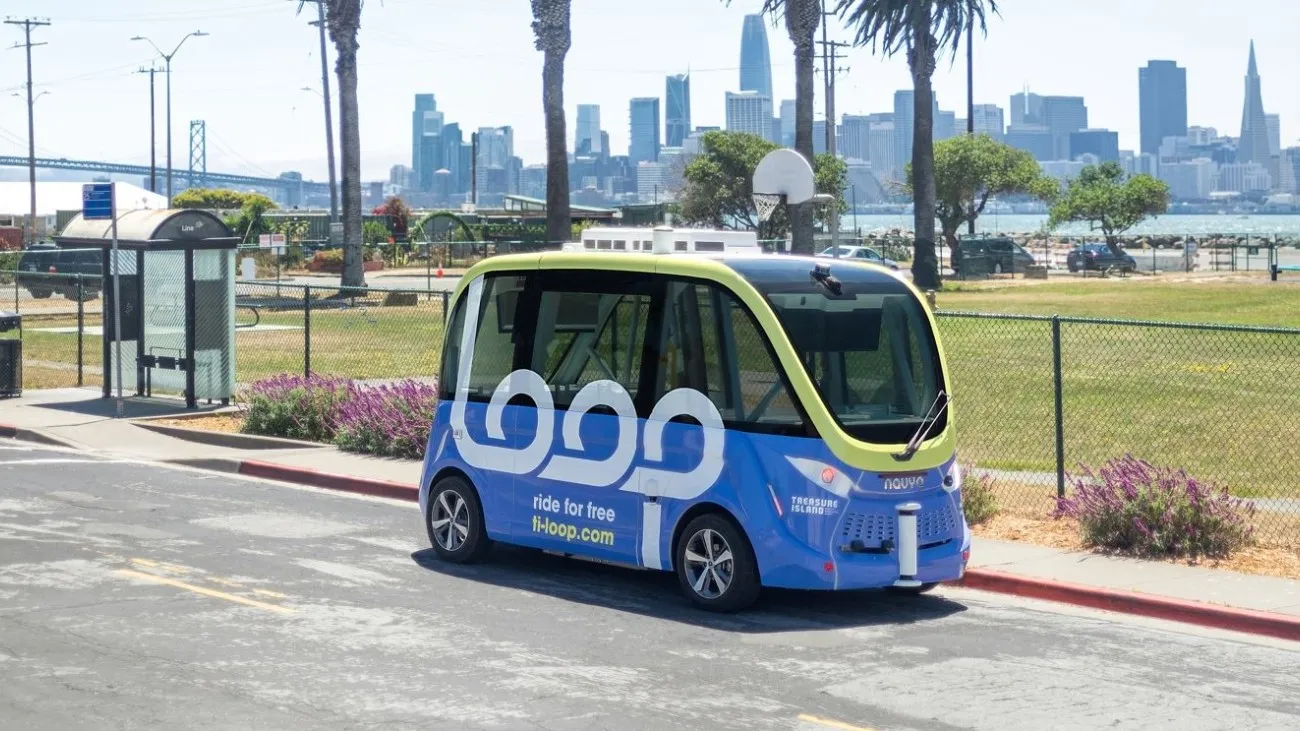Dutch developer of sustainable mobility solutions, 2getthere, has been awarded the contract to deliver a new automated vehicle system in Dubai that will link new waterfront lifestyle destination Bluewaters with the city’s network of metro stations. The project is part of Dubai’s objective to have 25 per cent of all trips completed by automated systems by 2035.
The new transport system will have a capacity of 5,000 people per hour per direction, with the automated vehicle connection between Bluewaters and
March 14, 2017
Read time: 2 mins
Dutch developer of sustainable mobility solutions, 8172 2getthere, has been awarded the contract to deliver a new automated vehicle system in Dubai that will link new waterfront lifestyle destination Bluewaters with the city’s network of metro stations. The project is part of Dubai’s objective to have 25 per cent of all trips completed by automated systems by 2035.
The new transport system will have a capacity of 5,000 people per hour per direction, with the automated vehicle connection between Bluewaters and the metro set to become the largest of its kind in the world.
The system will feature 25 driverless group rapid transit (GRT) vehicles capable of carrying 24 passengers each, connecting stations on the island and Nakheel Harbour and Tower Metro Station approximately 2.5 kilometres apart. Capacity will initially be 3,350 people per hour per direction, with the possibility to increase to 5,000 people per hour per direction. The trip time will be approximately 4.5 minutes.
The application is also the first to feature a 2getthere’s third generation GRT vehicle, which, can be utilised in automated people mover applications as well as an autonomous transit system on public roads, integrating the necessary sensory technology.
The new transport system will have a capacity of 5,000 people per hour per direction, with the automated vehicle connection between Bluewaters and the metro set to become the largest of its kind in the world.
The system will feature 25 driverless group rapid transit (GRT) vehicles capable of carrying 24 passengers each, connecting stations on the island and Nakheel Harbour and Tower Metro Station approximately 2.5 kilometres apart. Capacity will initially be 3,350 people per hour per direction, with the possibility to increase to 5,000 people per hour per direction. The trip time will be approximately 4.5 minutes.
The application is also the first to feature a 2getthere’s third generation GRT vehicle, which, can be utilised in automated people mover applications as well as an autonomous transit system on public roads, integrating the necessary sensory technology.








